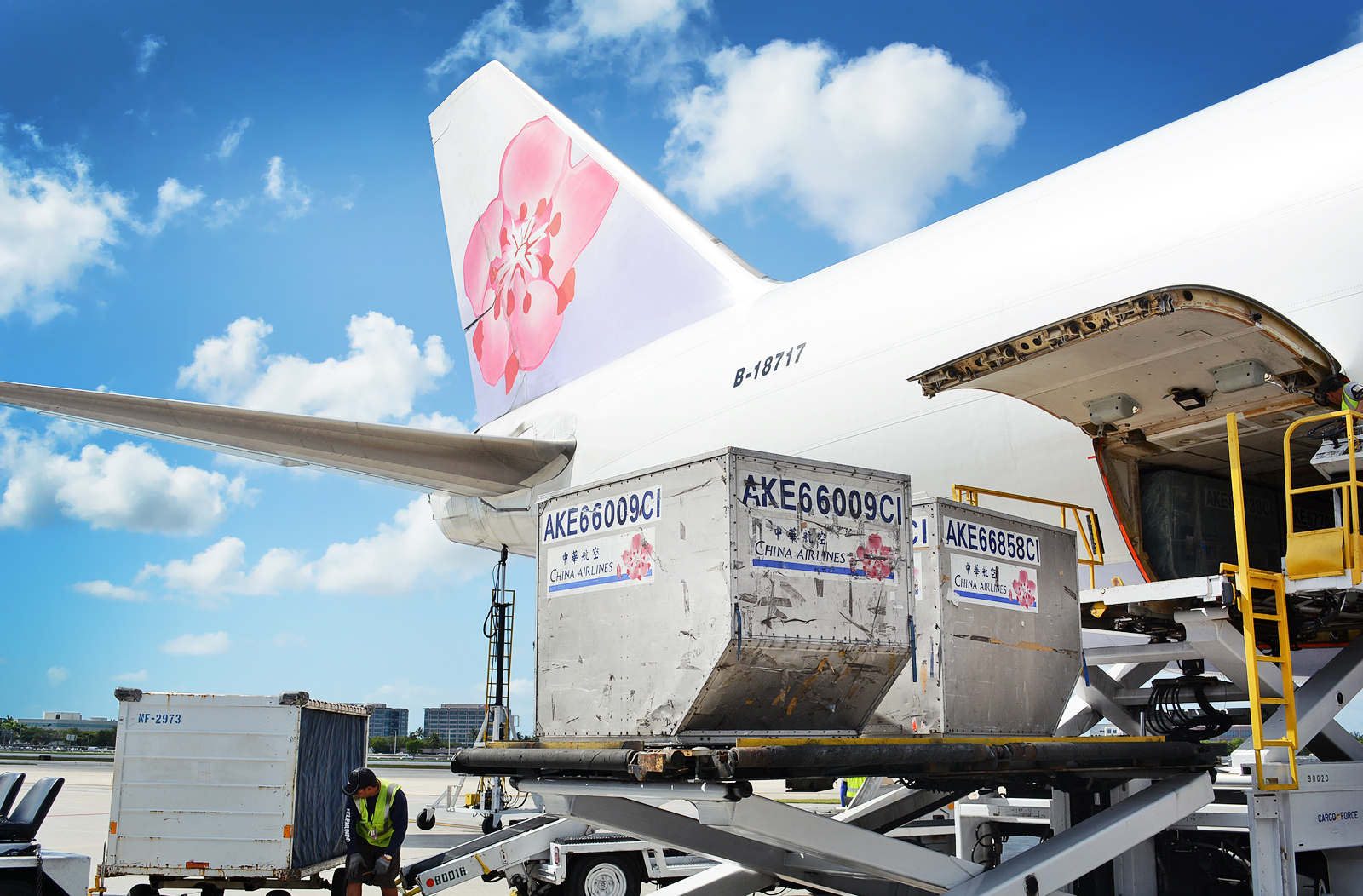Challenges of the air cargo and pharmaceutical market

Ronald Schaefer, Assistant Director at IATA, will be speaking at FlyPharma US 2018, discussing the latest news on the IATA CEIV Pharma program and the benefits it can offer both pharma and cargo/logistics companies in his session ‘What does the IATA CEIV Pharma program mean to you?’
In this post, he addresses the challenges faced by the pharmaceutical air cargo market and ways in which the IATA CEIV Pharma program aims to eliminate them.
Air cargo is one of the great unsung forces of the global economy. Each year, the industry carries 50 million tonnes of cargo worth $6.4 trillion – equal to around one third of the value of all traded goods.
Without the speed and efficiency of air cargo, global supply chains would seize up, perishable goods would not be able to reach distant markets, and vital medication or emergency aid would not reach the most vulnerable.
As many pharmaceutical goods are highly temperature-sensitive, meaning that a single mistake can destroy an entire batch, supply chain stakeholders should be aware of potential challenges and how to tackle them:
1.Harmonization and cooperation
Mishandling happens, but more than 40% of all temperature excursions occur while the package is in the hands of the air freight stakeholders and airports. It is therefore essential to establish harmonized handling and transport procedures, as well as strong accountability and cooperation between all the partners in the supply chain.
2. Regulations and compliance
The pharmaceutical industry is heavily regulated. There are also a growing number of countries issuing their own regulations and guidance. New EU regulations came into effect in 2013, and in the last few years Australia, Canada, China, Indonesia, Ireland, Malaysia, Saudi Arabia and the United States have all updated their requirements.
While the industry welcomes the focus on higher standards, the increasing number of regulations around the world is becoming a problem to comply with. Implementation and compliance is complex and airlines, GHAs and forwarders are subjected to multiple audits for handling and transporting pharmaceutical products. Crucially, there is no global certification for the handling and transportation of pharmaceutical products by air.
3.Customer focus
Our customers are demanding a better and higher quality service. Pharmaceutical companies want to see compliance, standardization, accountability and transparency across the supply chain. They want the confidence that facilities are adequately equipped and operated by properly-trained people familiar with the latest regulations, standards and best practices. They want global certification, and a common audit format to maximize efficiency.
4.Accessibility
Pharmaceutical shippers want to easily identify the stakeholders that meet all these requirements through an easily accessible database, which IATA has made available to them.
IATA’s activities in the pharmaceutical air cargo market
IATA is very active in this area. To address the challenges in transporting and handling pharmaceuticals and healthcare products, IATA adopted a supply chain approach and set up a dedicated working group, the IATA Time and Temperature Working Group (TTWG) composed of industry supply chain subject matter experts.
The TTWG recommends standards, best practices and requirements in the pharmaceutical/healthcare areas that are endorsed by the IATA Live Animals and Perishables Board (LAPB), a governance body comprised of 12 airline members. The healthcare standards are then included into the Temperature Control Regulations (TCR), to become industry standards. These regulations are not only binding to IATA airline members, but they mandate the requirements down the supply chain all the way to the shipper.
The standards that have been developed, such as the Time and Temperature Sensitive Label for Healthcare Products and the Acceptance Checklist for Time and Temperature Sensitive Healthcare Shipments, are now standards across the industry, reducing potential mishandling.
How can IATA’s CEIV Pharma program help to strengthen and standardize the pharma supply chain?
CEIV Pharma addresses the industry’s need for more safety, security, compliance and efficiency via the creation of a globally consistent and recognized pharmaceutical product handling certification.
Working alongside aviation industry stakeholders and regulators, IATA created the Center of Excellence for Independent Validators in Pharmaceutical Logistics (CEIV Pharma), to help standardize the entire air cargo supply chain, while aligning processes and procedures to achieve pharmaceutical handling and transport excellence.
By establishing a common baseline from existing regulations and standards, the certification ensures international and national compliance to safeguard product integrity, while addressing specific air cargo needs.
CEIV Pharma standard
CEIV Pharma encompasses, or even supersedes, many of the existing pharmaceutical standards and guidelines such as: IATA Temperature Control Regulations (TCR); European Union Good Distribution Practices (EU GDP); World Health Organization Annex 5; and US Pharmacopeia Standards. It is a combination of all these standards adapted to the needs and requirements of the pharma air cargo supply chain.
Case study
For an indication of what to expect from the CEIV Pharma program, it may be useful to follow the steps undertaken by Swiss WorldCargo, who recently received their certification:
1. Swiss WorldCargo sent staff to two mandatory IATA training courses: Temperature-Controlled Cargo Operations and Audit, Quality and Risk Management
2. After completing training, the company underwent an assessment by an Independent Validator to determine any compliance gaps with CEIV Pharma standards
3.After the submission of the Independent Validator’s report, Swiss WorldCargo worked on closing gaps, before undergoing final validation (official audit) by another Independent Validator
Ronald Schaefer will give his full presentation ‘What does the IATA CEIV Pharma program mean to you?’ at FlyPharma US on 11-12 September 2018 in Miami, Florida. Click here to view his speaker profile, or find out more about his session here.